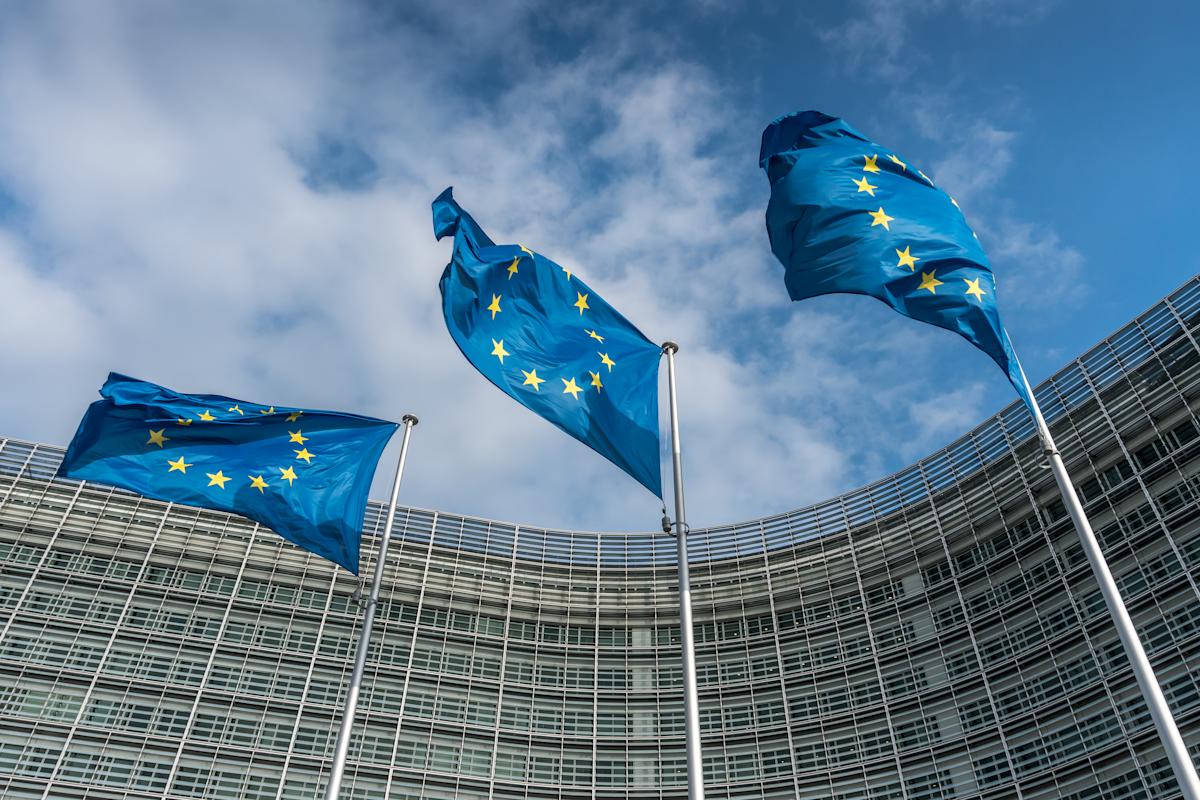EU member states have agreed a position on online child protection laws that will not require global technology companies to identify and remove child sexual abuse material (CSAM). This is seen as a big win for US tech companies like Google and Meta. according to the report Reuters.
This is the new language of the European Council contradicts a 2023 position where the European Parliament would require messaging services, app stores and ISPs to report and remove incidents of CSAM content and data collection. The bill provides for none of this.
Instead, large technology companies will be responsible for assessing the risks of their services and taking preventive measures when necessary. It leaves enforcement of the law to individual national governments and not to EU governing bodies.
“Member States will designate national authorities (…) responsible for assessing such risk assessments and corrective actions, with the possibility of requiring suppliers to implement corrective actions,” writes the European Council in a press release. “In the event of non-compliance, suppliers may face fines.”
There is no mention here of forced scanning of encrypted documents for CSAM purposes, an idea discussed last year. However, some editors suggest encryption services. it must be safe. Some critics, like the Czech RepublicThey suggest the board’s idea of allowing tech companies to control content themselves could actually hurt crypto platforms.
This is “a big disappointment for everyone who cares about privacy,” said Czech politician Markéta Gregorová. wrote in a statement. “After lengthy negotiations, the Danish Presidency has adopted a compromise version of the proposal which, while appearing less invasive, actually paves the way for what we have long warned against: extensive surveillance of our private conversations.”
However, the proposed law will create the so-called European Center for Child Sexual Abuse. The mission of this organization would be to help countries comply and provide assistance to victims. The European Parliament also recently called on the EU to set a minimum age at which children can access social media, but no law is currently in the works.
All this has not yet been acquired. The Council must now enter into negotiations with the Parliament.
